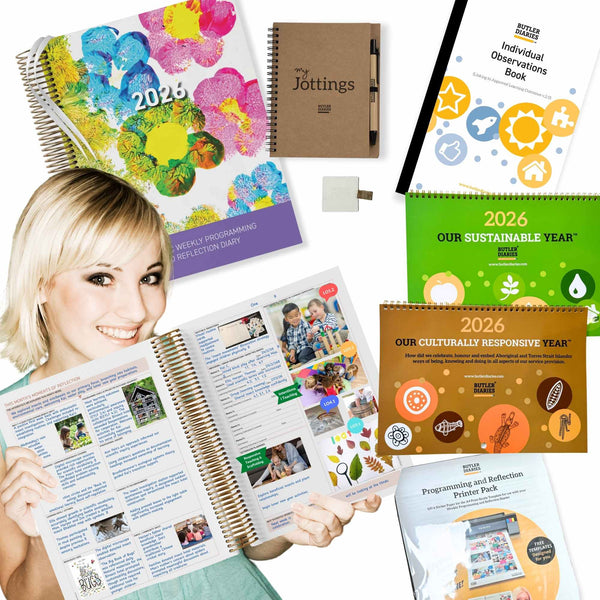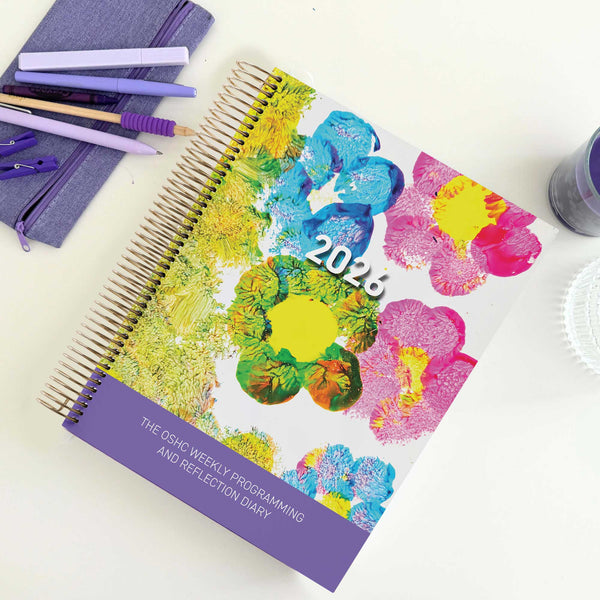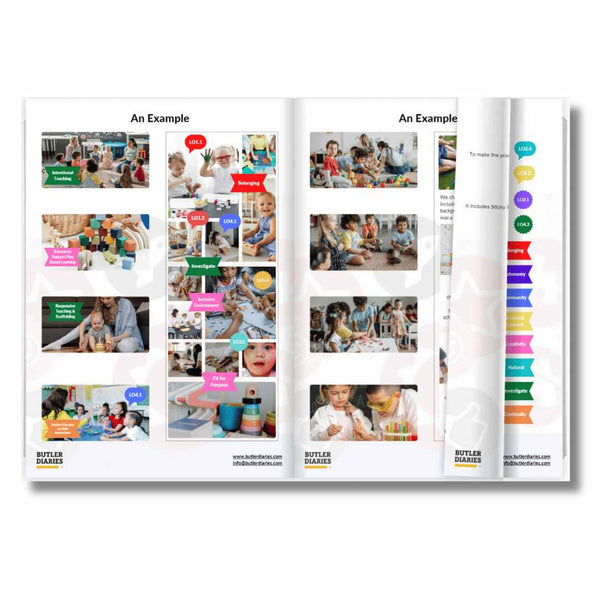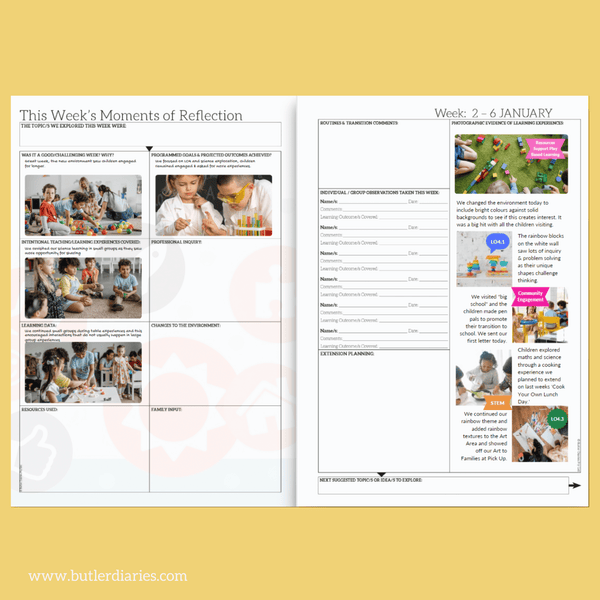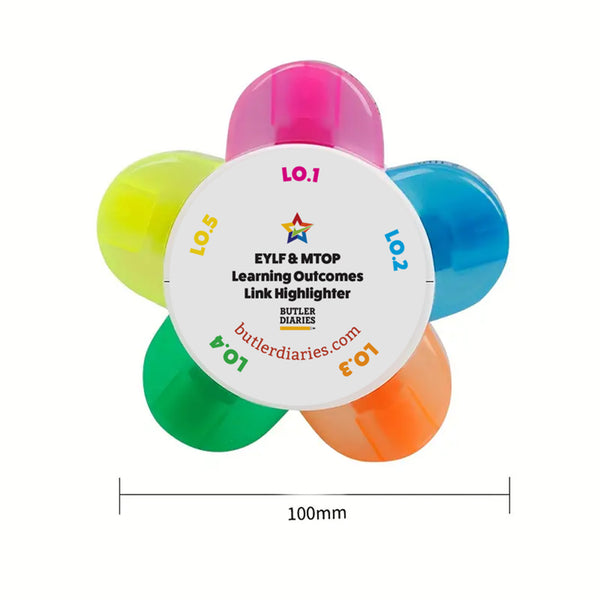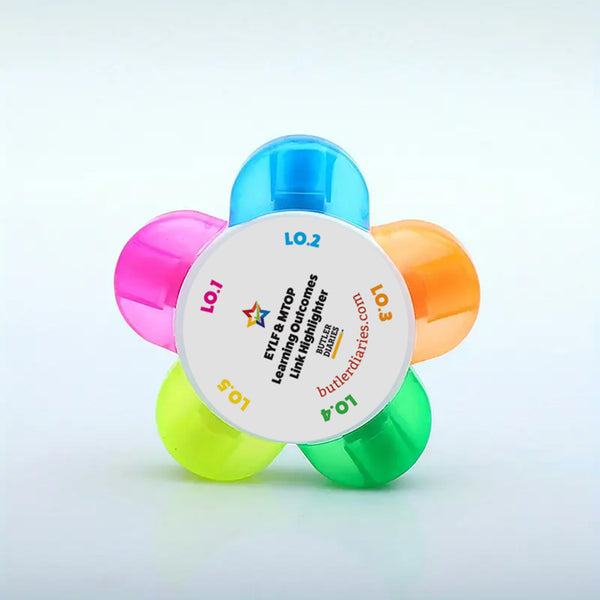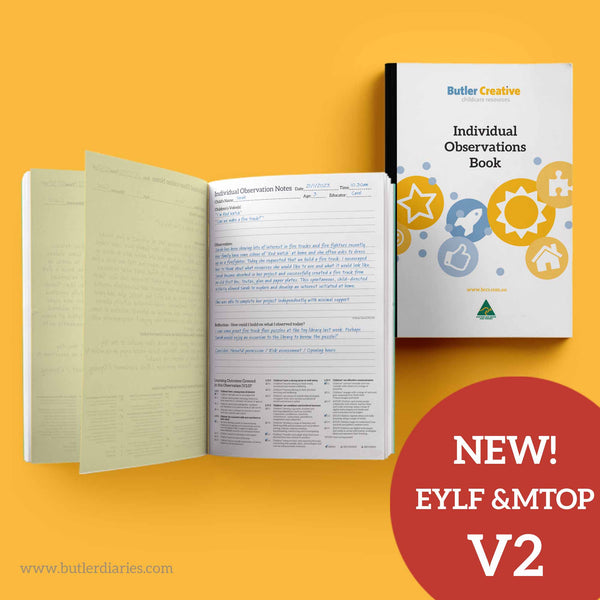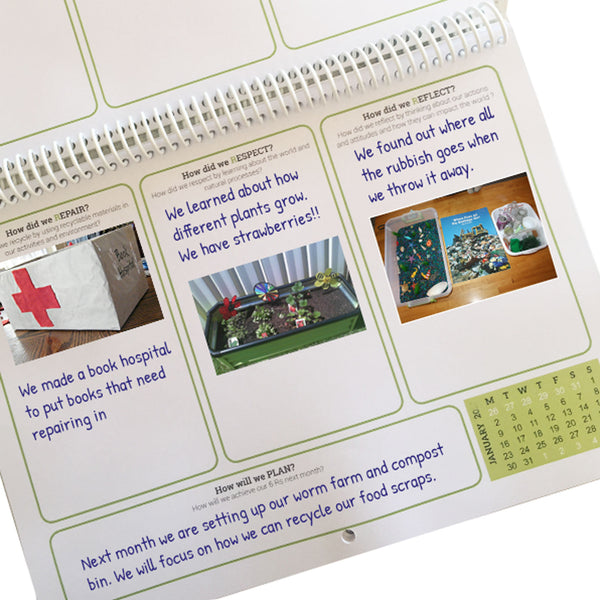By now, you've probably heard about the changes to OSHC Documentation that came into effect as of 1 July 2023 for South Australia, Tasmania and Victoria (for Western Australia check legislation for commencement date).
We know! So many changes to tackle in one year! But don't worry, we are here to support you and reduce compliance confusion.
Who is Impacted by OSHC Documentation Changes?
From the 1 July 2023, all services in SA, TAS and VIC who care for school agred children will be required to start following the same documentation requirements already in place in NT, NSW, and QLD. You will need to check legislation for when these changes impact WA.
There are no current changes to the documentation requirements for OSHC services in ACT.
Summary of the OSHC Documentation Changes
"To meet these requirements, the approved provider must ensure that evidence about the development of the educational program for a child over preschool age is documented. Services are required to understand each child and their strengths, ideas, abilities and interests and their progress across the learning outcomes as part of the planning cycle. This can be reflected in documenting how and why the educational program has been developed to support all children to participate in the program." - ACECQA: Documenting Programs for School Age Services, 2023
The information provided on the changes are in accordance with National Regulation 74 and applies to all services under the National Quality Framework.
There is no one method to documenting your educational program. Here at Butler Diaries, we have developed the 'Butler Method' which is designed to simply compliance confusion and help you develop a holistic and creative program for the children in your care. We discuss the Butler Method alongside the new requirements so you have examples of how to be compliant.
What Exactly Needs to be Documented?
You will need to document how you plan for and extend play and leisure experiences for the children in your care. This includes:
- Active activities,
- Passive activities,
- Structured activities,
- Spontaneous activities,
- Routines such as meal times and personal care, and
- Activities in both indoor and outdoor environments.
This program should be designed to support children's wellbeing and facilitate learning and include interactions, experiences, routines, and events. As a program for school aged children, your service is recognised as a supplement to children's formal schooling and therefore your educational program should focus on active learning, social development, wellbeing, and leisure activities to support continuity of learning.
Our OSHC Weekly Programming and Reflection Diary is designed to capture all this information using simple planning boxes to prompt and inspire. We carefully planned and selected our box prompts based on the My Time, Our Place Approved Learning Framework and NQS to meet program requirements and support you in developing a holistic program for school aged children. The boxes inside the OSHC Weekly Programming and Reflection Diary include:
- Group Activity / Cooking
- Construction / Board Games
- Fine Motor / Cognitive / Language
- Creative Activities
- Wellbeing / Mental Health
- Science / Environment / Cultural
- Children's Spontaneous Choices
- Outdoor Observations
- Extension Experiences / Children's Voices / Community / Cultural Responsiveness / Sustainability
The following weekly Reflection Spread captures Routines and Transitions.
How Can I be Sure my Program is Compliant?
To be compliant, your program will have to be:
- Based on an approved learning framework and be delivered according to this approved framework (you can learn about the NEW approved frameworks here),
- Based on individual developmental needs, experiences, and interests of each child,
- Designed to consider individual children and their individual differences, and
- Contribute to all five of the learning outcomes for each child.
Our OSHC Weekly Programming and Reflection Diary helps you maintain a compliant program by meeting this checklist. The OSHC Weekly Programming and Reflection Diary:
- Includes a weekly My Time, Our Place Framework checkbox so you can record the approved learning framework and learning outcomes being programmed for,
- Includes a weekly reflection with prompts for the Approved Learning Frameworks so you can ensure you are reflecting on how you are delivering the Framework,
- Encourages a holistic view that considers the individual needs of each child,
- Captures a record of individual observations taken throughout the week so you can be sure each child is being planned for,
- And captures all five learning outcomes.
You will also have to consider the child's pattern of attendance and ensure your documentation for that child is 'proportionate to [that] child's pattern of attendance and complexity of needs.' This means:
- Children who attend more frequently are expected to have more information collected and used to inform decision making in regards to your curriculum, and
- Your program needs to show how you've planned for individual needs and considered these in detail.
Your program should show the cycle of planning, including evaluation. You can learn more about the cycle of planning here. We encourage using the OSHC Weekly Programming and Reflection Diary alongside the Individual Observations Book to show individualised planning and documentation for each child.
How Can I Involve Children in Documentation?
Children should be able to influence the program in response to their abilities, interests, strengths, and ideas. You will be required to show an effective process is in place to allow each child to participate and engage in the program.
We have included Children's Spontaneous Choices as a box prompt in the OSHC Weekly Programming and Reflection Diary. This box captures children's input daily. Children are also encouraged to help complete the rest of the program.
We have also designed the Our Sustainable Year Wall Calendar, Our Culturally Responsive Year Wall Calendar, and Findings, Feelings, Fun! School Aged Journal for Children. These are designed for children to help you contribute and complete throughout your learning journey together.
How Should I Capture the Documentation?
You are encouraged to use a wide range of methods to capture documentation but they MUST be linked to approved learning outcomes. Quality documentation focuses on the learning, not just 'what you did.' Examples include:
- Learning stories or narratives of events (linked to outcomes and suggested ways of extending on learning)
- You can capture learning stories in the Individual Observations Book which includes links to the learning outcomes and a space for building on learning.
- You can also capture learning stories in Findings, Feelings, Fun! School Aged Journal for Children in which children direct and write their own learning stories, capturing their learning from their point of view.
- Photographs to showcase children as active participants demonstrating their skills, development, and progress
- We have included a section for Photographic Evidence in our OSHC Weekly Programming and Reflection Diary. You can also check out the Programming and Reflection Printer Pack for print-ready photo evidence templates that make managing your Photographic Evidence easier.
- You can also ask children to take photographs and allow them to include them in their Findings, Feelings, Fun! School Aged Journal for Children.
- Photographs are perfect in your Our Sustainable Year Wall Calendar and Our Culturally Responsive Year Wall Calendar.
- Observations which include evaluating experience and children's feedback.
- The Individual Observations Book is perfect for capturing observations including children's voices and includes duplicate records for children's portfolio and for service records.
- Journal to capture educator reflections and their interpretations of children's feelings, thoughts and ideas and examples of children's work.
- All designed to be captured in their Findings, Feelings, Fun! School Aged Journal for Children.
- The Our Sustainable Year Wall Calendar and Our Culturally Responsive Year Wall Calendar are both designed to capture educators and children's joint learning and reflections.
For more help using the Butler Method to capture your program, check out these articles:
- Here is our programming e-book that provides some examples: https://butlerdiaries.com/pages/download-the-programming-e-book.
- And on our blog you can find further support:
Frequently Asked Questions
Do I need to keep documentation of individual evaluations of school aged children?
No, you are only required to document the educational program for these school aged children.
How much do I document?
There is no one rule on how much to document and you should be considering children's diverse needs and attendance when making that decision. We have designed our OSHC resources to help you capture everything you need without being buried in paperwork.
Resources
https://www.acecqa.gov.au/sites/default/files/2023-06/DocumentingProgram.pdf#:~:text=school%20age%20care%20services.,WHEN%20DO%20THE%20CHANGES%20START%3F&text=children%20over%20school%20age.&text=From%201%20July%202023%2C%20services,)%20and%20Queensland%20(Qld).













